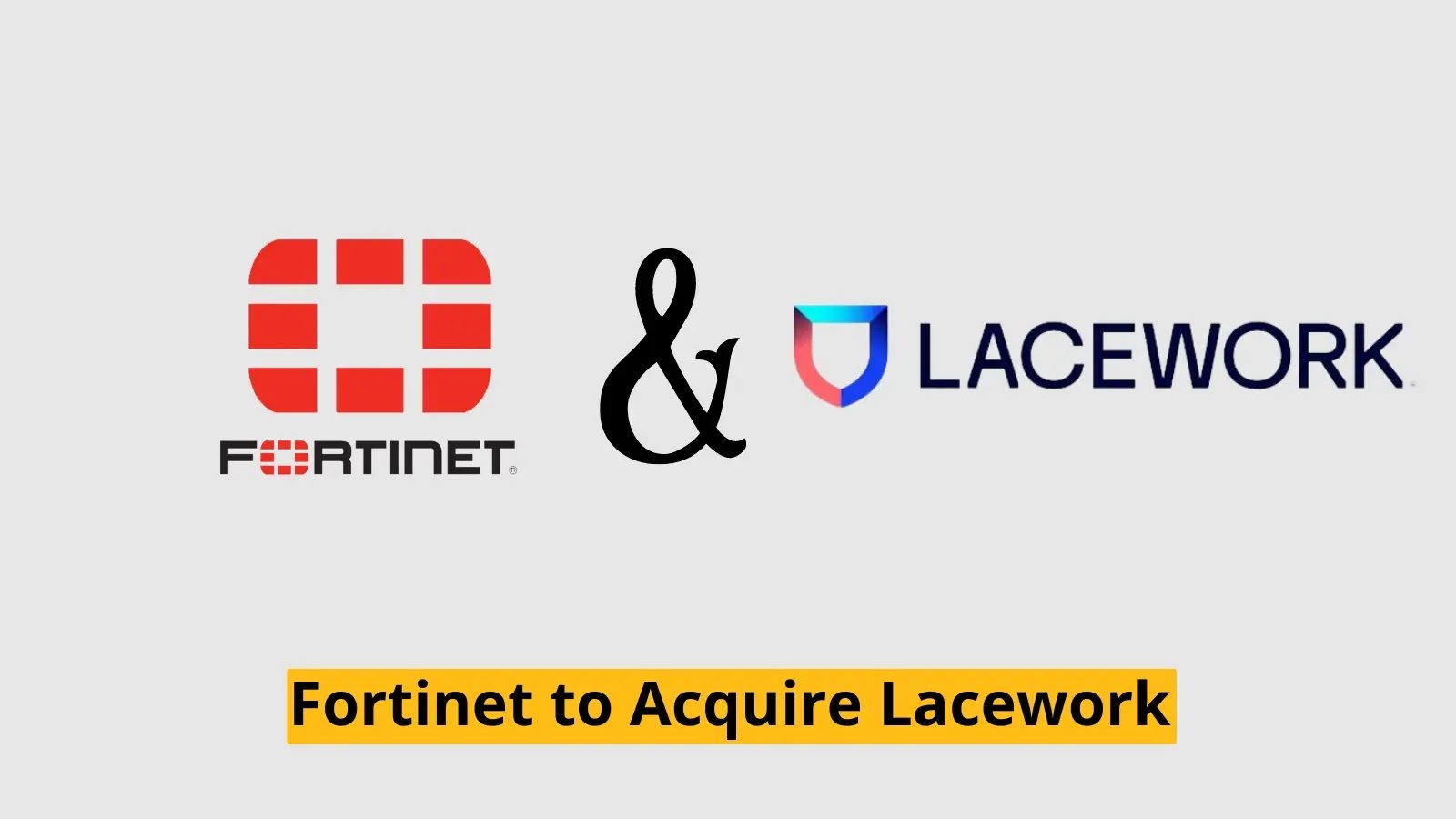How Do ISO 27001 and ISO 27002 Help to Manage the IT Security?
ISO 27001 and ISO 27002 are integral in managing an organization’s IT security by providing a systematic and comprehensive approach. Let’s explore how each standard contributes to effective information security management:
ISO 27001
- Risk management: ISO 27001 assists organizations in identifying and assessing information security risks. Organizations can prioritize and prioritize mitigating the most outstanding IT security threats by executing a comprehensive risk assessment.
- Establishing an ISMS: ISO 27001 outlines the requirements for establishing an information security management system (ISMS). An ISMS provides a structured framework for managing IT security, including defining policies, roles, responsibilities, and processes related to information security.
- Continuous improvement: ISO 27001 emphasizes the need for ongoing monitoring, measurement, analysis, and evaluation of the ISMS. This enables organizations to continually identify areas for improvement and make necessary adjustments to enhance their IT security posture.
- Legal and regulatory compliance: ISO 27001 helps organizations comply with legal, regulatory, and contractual requirements related to information security. Organizations can demonstrate their adherence to applicable laws and regulations by implementing the necessary controls and processes.
ISO 27002
- Best practice guidelines: ISO 27002 provides comprehensive controls and best practices for IT security management. It offers guidance on various aspects, including access control, cryptography, physical security, incident management, and more. These guidelines enable organizations to establish appropriate security measures to protect their IT assets.
- Control selection: ISO 27002 assists organizations in selecting and implementing controls based on their specific risks and requirements. It offers a catalog of controls, allowing organizations to tailor their selection to address their unique IT security challenges effectively.
- Security awareness and training: ISO 27002 emphasizes the importance of promoting security awareness and providing appropriate employee training. Organizations can foster a security-conscious culture by ensuring that staff members understand their roles and responsibilities in maintaining IT security.
- Auditing and compliance monitoring: ISO 27002 supports organizations in conducting internal audits and monitoring compliance with the established controls. Regular audits help identify gaps or weaknesses in IT security measures, allowing organizations to take corrective actions promptly.
Final Thoughts
ISO 27001 and ISO 27002 compliance are essential for effective IT security management.
ISO 27001 provides a framework for establishing and maintaining an information security management system (ISMS), ensuring a systematic and risk-based approach to managing IT security.
On the other hand, ISO 27002 offers comprehensive guidelines and controls for implementing best practices in IT security.
By achieving ISO 27001 and ISO 27002 compliance, organizations can identify and mitigate information security risks, comply with relevant regulations, and enhance stakeholder confidence in their ability to protect sensitive information.
These standards promote a culture of continual improvement, enabling organizations to adapt to evolving threats and vulnerabilities.
Implementing ISO 27001 and adhering to ISO 27002 guidelines allows organizations to establish a strong foundation for managing IT security, protecting valuable assets, and reducing the likelihood of security incidents.
Ultimately, ISO 27001 and ISO 27002 compliance contribute to an organization’s IT security management efforts’ overall resilience, trustworthiness, and effectiveness.




